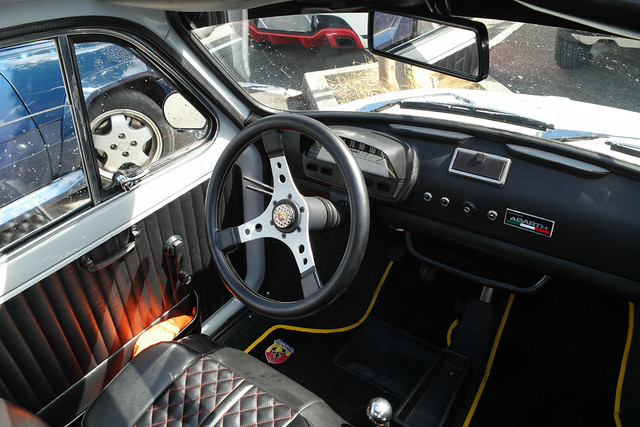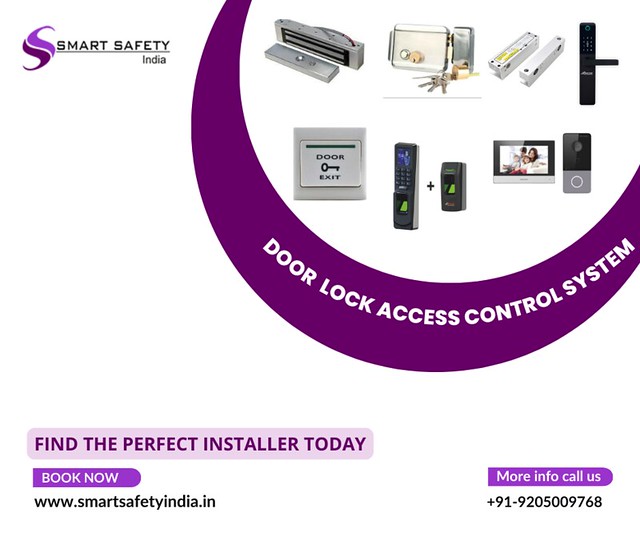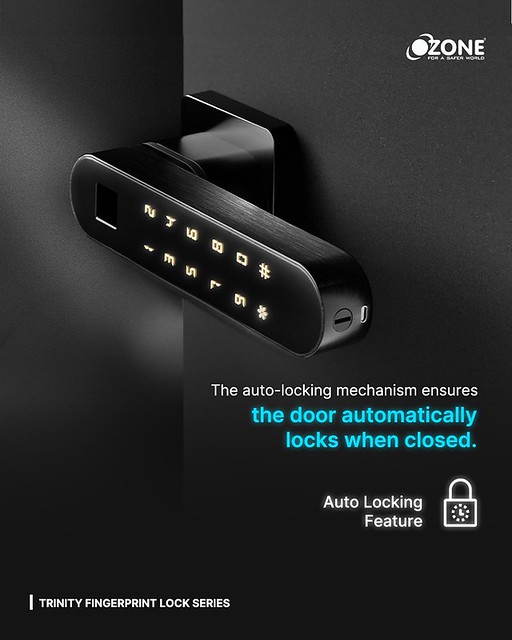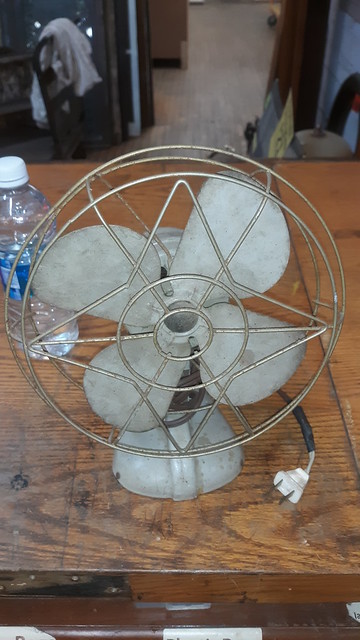
Solar Home Security Cameras
Unlike traditional grid-powered cameras, solar home security cameras use the sun to power their operations. You can purchase and install these cameras yourself or hire a professional to do it for you.
Look for cameras with a high weather resistance rating that can operate in rain, dust, and temperature extremes. Other important features include: battery capacity, local storage, smartphone alerts, and remote monitoring.
Power
Unlike traditional wired or wireless security cameras, solar power-powered systems can operate independently of the electrical grid. This is especially beneficial for remote properties or Airbnb vacation rentals that may be unoccupied for long periods of time. Using solar-powered security cameras can also help reduce energy costs and contribute to a more sustainable planet.
Powered by the sun, solar home security cameras use solar charging panels to absorb light and convert it into direct current electricity. An inverter then transitions that DC electricity to alternating current electricity, which can be used to charge the camera’s battery. Many solar home security cameras feature rechargeable batteries that hold enough energy to keep the camera operational even on cloudy days or at night.
Some solar security cameras, like the REOlink 2K, even allow you to connect them with your smart home system, enabling voice command and integration with your other smart devices. Other features to look for include night vision capabilities, motion detection, and 2-way audio.
To ensure maximum performance, be sure to choose a location with ample sunlight for the camera and solar panel. Positioning the panel at a slight angle can also optimize its coverage solar outdoor camera and visibility. Be mindful of weather conditions as well, such as heavy snowfall, which can block the camera’s ability to absorb sunlight and generate power.
Motion Detection
In addition to being able to monitor your home around the clock, solar home security cameras often feature motion detection capabilities that send alerts to your phone when movement is detected. Whether it’s a person or animal, PIR motion sensors make sure you never miss a thing while using minimal energy.
Some of the best solar home security cameras have night vision that lets you see what’s happening at home when it is dark. They are also able to communicate with you through two-way audio, providing a more personal touch to your home security experience.
As most solar-powered security cameras are installed outdoors, it’s important to ensure that they can operate in a variety of weather conditions. Check for features like rain resistance, as well as a high IP rating, which measures the camera’s ability to withstand a prolonged immersion in several feet of water or dust.
A high battery capacity is another factor that you should pay attention to, as it determines how long the camera can function without sunlight. Some solar-powered security cameras contain rechargeable batteries that store enough energy to keep them running for hours during gray, sunless days. Some of them can also be connected to Wi-Fi or roaming (3g, 4g, and increasingly 5g) data to allow for more flexible monitoring options. Some models even have the ability to integrate with your smart home.
Installation
Solar-powered security cameras are a harmonious blend of cutting-edge technology and sustainability. They can be used at home, on the go or in remote locations without access to the power grid. However, these cameras do require some initial upfront investment including the cost of the camera itself, a solar panel and backup battery, as well as the cost of specialised equipment like a tamper proof housing or a vandal-resistant pole.
The solar panels on a home security camera absorb the sun’s rays during daylight hours, converting them into DC electricity. This power flows to the built-in cctv camera kits battery in the camera’s powerhouse and is stored for later use. Solar-powered security cameras continue to work on cloudy days and can even operate when the weather turns harsh.
When buying a solar security camera, read the spec sheet to determine how much power the camera consumes daily. Then, look for a solar panel that can provide the amount of energy required annually based on your region’s peak sunlight hours.
Depending on your preferences, consider purchasing a solar security camera that integrates with your smart home or 4G network and can stream footage directly to your phone or tablet. Also, check that the camera has a high IP rating, which determines the camera’s ability to resist external threats such as dust, rain and direct sunlight.
Storage
A solar-powered security camera can last for many years if its solar panel and battery are maintained well. Keeping these devices clean and replacing their batteries regularly ensures their lifespan, as does avoiding harsh environmental conditions like intense heat or rainy weather.
When shopping for a solar home security camera, it’s important to consider its capabilities and features. For example, opt for models with a high pixel count to get clear footage and identify people as they enter your home or yard. You may also want to find cameras with a large field of view for coverage of larger areas. Night vision and motion activation are also desirable features.
Lastly, choose a model with built-in storage to record and retain captured video footage. Look for options with local storage, such as a 32GB internal memory or micro SD slots, or cloud storage that can be accessed through the brand’s app or your account.
The most prominent advantage of a solar-powered security camera is its wire-free nature, making it ideal for those who value convenience and a hands-off approach to home monitoring. These cameras eliminate the need for tangled electrical wiring, lowering installation costs and saving you money on your electricity bill over time. Moreover, because they use sunlight for power rather than an electricity outlet, these cameras can continue working even when the sun goes down or during overcast days.



